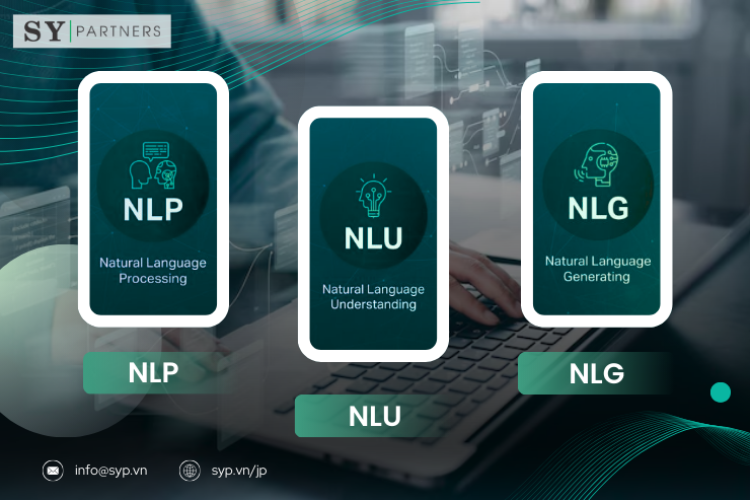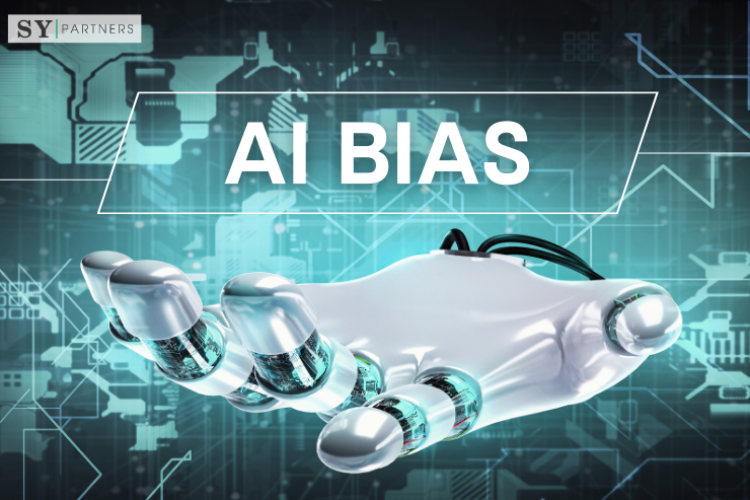Transformative Role of AI in the Semiconductor Industry
In recent years, artificial intelligence (AI) has emerged as a disruptive force across various industries, and the semiconductor industry is no exception. As AI technologies continue to advance, they are revolutionizing the way semiconductors are designed, manufactured, and utilized.
This article explores the significant impact of AI on the semiconductor industry and highlights key areas where AI is driving innovation and efficiency.
1. AI-Optimized Semiconductors
Semiconductor manufacturers are increasingly focusing on developing specialized chips optimized for AI workloads. These chips, such as graphics processing units (GPUs) and tensor processing units (TPUs), are designed to accelerate AI computations. The future will likely witness the continued development of AI-specific architectures that deliver higher performance, energy efficiency, and cost-effectiveness for AI applications.
2. Neuromorphic Computing
Neuromorphic computing aims to replicate the structure and functionality of the human brain in silicon. By mimicking the brain's neural networks, neuromorphic chips have the potential to revolutionize AI computing.
These chips can process information in a more parallel and energy-efficient manner, enabling faster and more efficient AI algorithms. Future advancements in neuromorphic computing could unlock new levels of AI capabilities, such as improved pattern recognition, sensory perception, and cognitive reasoning.
3. Design and Optimization
AI has significantly enhanced the semiconductor design process, enabling engineers to create more complex and efficient chips. Machine learning algorithms can analyze vast amounts of data and identify patterns and correlations that human designers might miss.
This capability allows for the optimization of chip architectures, resulting in improved performance, power efficiency, and reduced time-to-market. AI-powered design tools also facilitate the exploration of novel design spaces, leading to innovative semiconductor solutions.
4. Manufacturing and Quality Control
The semiconductor manufacturing process is intricate and highly complex, with numerous parameters and variables to consider. AI-based systems are being employed to enhance manufacturing efficiency and yield. By leveraging real-time sensor data, AI algorithms can identify anomalies, predict failures, and optimize production processes. This proactive approach minimizes downtime, reduces waste, and enhances overall quality control.
5. Testing and Simulation
AI is transforming testing and simulation processes in the semiconductor industry. Traditional testing methods are time-consuming and costly, often involving extensive human intervention.
AI-powered testing solutions leverage machine learning to automate test generation, accelerate the detection of defects, and improve fault coverage. Furthermore, AI-driven simulations enable faster and more accurate evaluation of chip performance, allowing for rapid design iterations and optimization.
6. Autonomous Systems
The rise of AI and the semiconductor industry are mutually reinforcing, with each driving advancements in the other. The semiconductor industry is a key enabler of AI technologies, providing the necessary hardware to power AI systems.
Conversely, AI is fueling the development of autonomous systems that rely on semiconductors for their operation. From autonomous vehicles to robotics and smart infrastructure, AI-powered systems heavily depend on semiconductors designed specifically to meet their unique requirements.
7. Edge Computing and IoT
The proliferation of Internet of Things (IoT) devices and the demand for low-latency processing have given rise to edge computing. AI plays a crucial role in edge devices, enabling real-time data analysis, decision-making, and local processing.
Semiconductors equipped with AI accelerators and specialized architectures empower edge devices to perform tasks such as speech recognition, image processing, and predictive analytics. This integration of AI and semiconductors at the edge unlocks new possibilities for applications ranging from smart homes to industrial automation.
8. Quantum Computing
Quantum computing holds tremendous promise for solving complex AI problems that are currently beyond the capabilities of classical computers. Semiconductors, particularly superconducting qubits and other quantum computing architectures, are crucial building blocks for quantum processors.
Future developments in quantum computing could revolutionize AI by enabling faster training of deep neural networks, optimization of complex algorithms, and breakthroughs in areas such as drug discovery, cryptography, and materials science.
9. Ethical and Responsible AI
As AI becomes more pervasive, ethical considerations surrounding its use become increasingly important. The semiconductor industry has a crucial role to play in developing AI systems that are transparent, fair, and unbiased.
Future advancements will likely focus on embedding ethical principles into AI hardware and software, ensuring that AI systems are accountable, secure, and respect privacy rights. Semiconductor manufacturers will need to prioritize the development of trustworthy AI technologies to foster public trust and widespread adoption.
Conclusion
The future of semiconductors and AI is intertwined, with each driving advancements in the other. Continued innovation in semiconductors optimized for AI workloads, advancements in neuromorphic computing, the integration of AI at the edge, quantum computing, and ethical considerations will shape the future landscape of AI-enabled technologies.
Embracing these advancements will unlock new possibilities and drive transformative changes across industries, leading to improved efficiency, enhanced decision-making, and novel applications of artificial intelligence.


 EN
EN JP
JP KR
KR









![[For Enterprises] Adoption Rate of Microsoft Copilot and 8 Key Business Use Cases](/sites/default/files/styles/medium/public/articles/%5BFor%20Enterprises%5D%20Copilot%20%E2%80%94%20Corporate%20Adoption%20Rate%20and%208%20Business%20Use%20Cases.png?itok=6MVSPst9)
![[For Enterprises] Grok — Corporate Adoption Rate and 8 Business Use Cases](/sites/default/files/styles/medium/public/articles/%5BFor%20Enterprises%5D%20Grok%20%E2%80%94%20Corporate%20Adoption%20Rate%20and%208%20Business%20Use%20Cases%20%281%29.png?itok=3Vu1lBCh)
![[For Enterprises] Claude — Corporate Adoption Rate and 8 Business Use Cases](/sites/default/files/styles/medium/public/articles/%5BFor%20Enterprises%5D%20Claude%20%E2%80%94%20Corporate%20Adoption%20Rate%20and%208%20Business%20Use%20Cases.png?itok=tc2aEIEt)